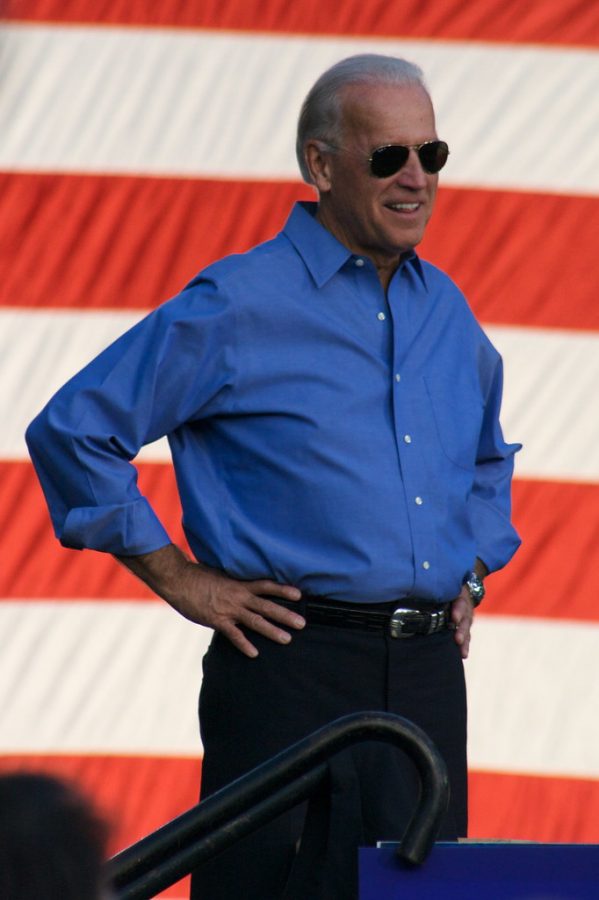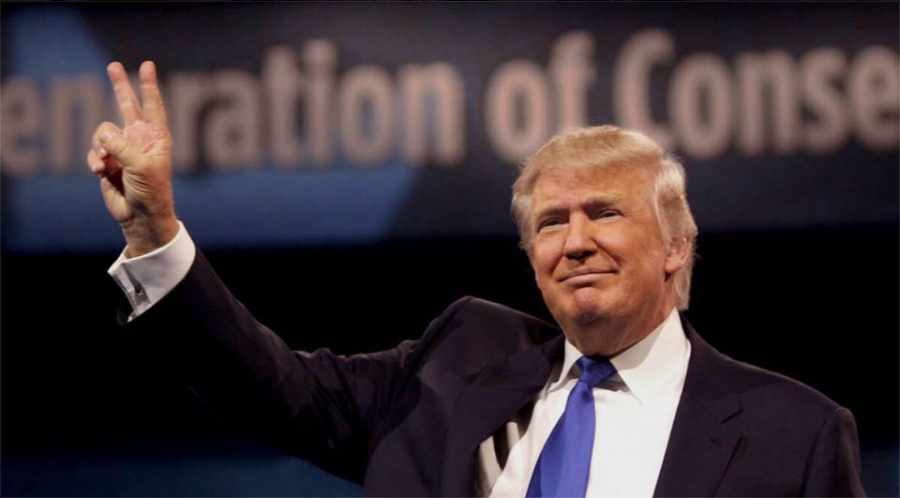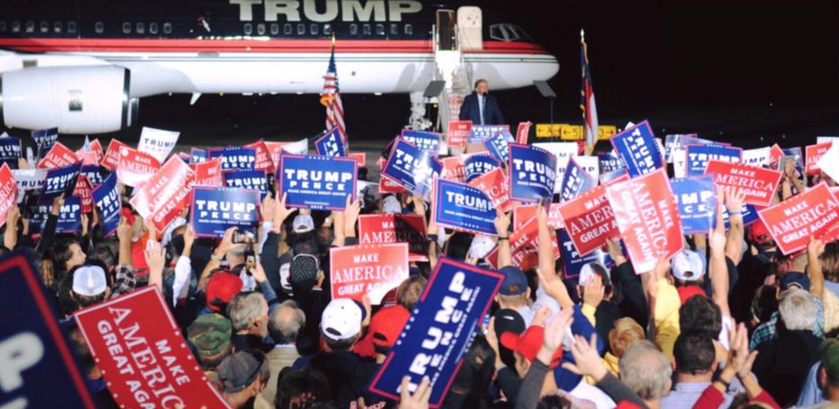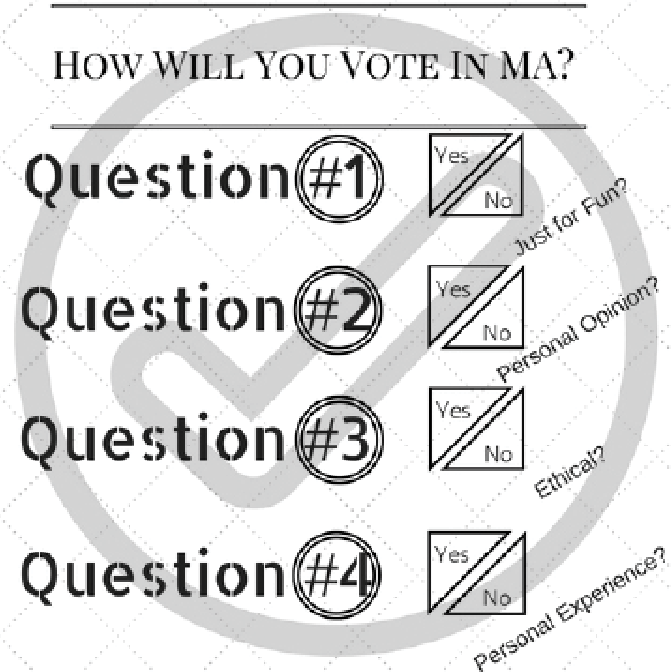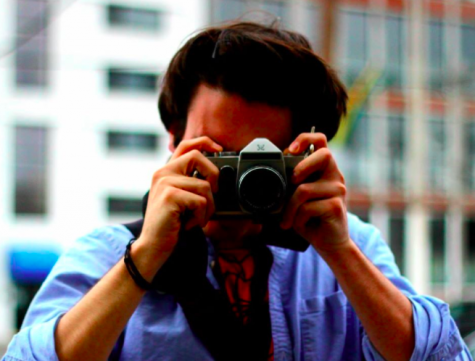Teams of students from Suffolk’s Election Law course occupied polling centers during Boston’s first early voting period to provide youth support to a typically older crowd of workers.
Suffolk students used a Harvard University survey to collect data on early voters. The two schools partnered together, working in polling stations from city hall to Roslindale and most neighborhoods in between.
Dr. Rachael Cobb’s Election Law class was split into registration, exit polling and poll worker groups. The class hoped to provide a younger voice within the polling system, traditionally dominated by older workers, according to Cobb. Her involvement was more hands off, allowing student groups to operate on their own.
Student exit pollsters Norma Buyund and Ariana Guy, both government majors in Cobb’s class, have worked in communities throughout the city, including their hometowns of Allston and Somerville.
The 17-question survey used by exit pollers included inquiries about the issues the voter may have encountered, the length of time spent in line, demographics and the most convenient voting times for the individual.
Guy estimated that she handed out 50 surveys during her typical two hour stints at the early voting polls. She and Buyund staggered the distribution, approaching every third voter to keep the sample as diverse as possible.
Guy said she expected early voters to be hourly workers, voters with children and others who can only afford a few minutes away from their schedules and hope to avoid the high traffic flow of Nov. 8.
Guy worked the Somerville polls during a previous election, and said the age and education level of the average poll worker may contribute to the long waiting times voters often experience on Election Day. The training for the one-day position is also limited, according to Guy. She said that her hope, along with Cobb, is that the addition of students to the mix of poll workers will smooth out the process.
In regards to this year’s early voting in Somerville, which Guy participated in, she estimated the wait time to be from ten to fifteen minutes.
“Early voting helps to regulate the traffic seen on election day,” Guy said.
Cobb estimated that more than 1,600 poll workers are required during a normal polling period. Throughout a presidential campaign, that number rose to roughly 1,900 workers, given that polling locations house multiple precincts worth of voters at that time. Supplementary positions such as greeters and hotline operators are added during presidential election years.
Cobb said she believed the student involvement in election cycles is important to create diversity within the polling system, given that the typical poll worker is of retirement age.
“[Poll workers] often do not reflect the diversity of the places they live in,” she said in an interview with The Journal on Oct. 27. “A more diverse set of poll workers is good for democracy.”
In the student registration group, Junior government major Katherine Heatherton worked on campus, with registration tables at Somerset and Sawyer that amassed more than 80 student registration cards.
Heatherton recruited about 20 students from her sorority, Alpha Sigma Alpha, to raise awareness about the registration tables through the Suffolk Votes Facebook page and other social media outlets.
Her group also conducted visits to six different freshman seminar classes this semester. The group sought to add more students to the pool of Massachusetts voters. According to Heatherton, not many out-of-state students were aware that they could register for absentee ballots. Several more registration cards were collected as a result, according to Heatherton.
Heatherton hoped to mobilize as many young voters as possible through the registration campaign, citing her love of the electoral process as her main source of motivation.
“It’s your vote, it’s your voice, is what I always tell people,” Heatherton said in an interview with the Journal on Oct. 28..
Teams of students from Suffolk’s Election Law course occupied polling centers during Boston’s first early voting period to provide youth support to a typically older crowd of workers.
Suffolk students used a Harvard University survey to collect data on early voters. The two schools partnered together, working in polling stations from city hall to Roslindale and most neighborhoods in between.
Dr. Rachael Cobb’s Election Law class was split into registration, exit polling and poll worker groups. The class hoped to provide a younger voice within the polling system, traditionally dominated by older workers, according to Cobb. Her involvement was more hands off, allowing student groups to operate on their own.
Student exit pollsters Norma Buyund and Ariana Guy, both government majors in Cobb’s class, have worked in communities throughout the city, including their hometowns of Allston and Somerville.
The 17-question survey used by exit pollers included inquiries about the issues the voter may have encountered, the length of time spent in line, demographics and the most convenient voting times for the individual.
Guy estimated that she handed out 50 surveys during her typical two hour stints at the early voting polls. She and Buyund staggered the distribution, approaching every third voter to keep the sample as diverse as possible.
Guy said she expected early voters to be hourly workers, voters with children and others who can only afford a few minutes away from their schedules and hope to avoid the high traffic flow of Nov. 8.
Guy worked the Somerville polls during a previous election, and said the age and education level of the average poll worker may contribute to the long waiting times voters often experience on Election Day. The training for the one-day position is also limited, according to Guy. She said that her hope, along with Cobb, is that the addition of students to the mix of poll workers will smooth out the process.
In regards to this year’s early voting in Somerville, which Guy participated in, she estimated the wait time to be from ten to fifteen minutes.
“Early voting helps to regulate the traffic seen on election day,” Guy said.
Cobb estimated that more than 1,600 poll workers are required during a normal polling period. Throughout a presidential campaign, that number rose to roughly 1,900 workers, given that polling locations house multiple precincts worth of voters at that time. Supplementary positions such as greeters and hotline operators are added during presidential election years.
Cobb said she believed the student involvement in election cycles is important to create diversity within the polling system, given that the typical poll worker is of retirement age.
“[Poll workers] often do not reflect the diversity of the places they live in,” she said in an interview with The Journal on Oct. 27. “A more diverse set of poll workers is good for democracy.”
In the student registration group, Junior government major Katherine Heatherton worked on campus, with registration tables at Somerset and Sawyer that amassed more than 80 student registration cards.
Heatherton recruited about 20 students from her sorority, Alpha Sigma Alpha, to raise awareness about the registration tables through the Suffolk Votes Facebook page and other social media outlets.
Her group also conducted visits to six different freshman seminar classes this semester. The group sought to add more students to the pool of Massachusetts voters. According to Heatherton, not many out-of-state students were aware that they could register for absentee ballots. Several more registration cards were collected as a result, according to Heatherton.
Heatherton hoped to mobilize as many young voters as possible through the registration campaign, citing her love of the electoral process as her main source of motivation.
“It’s your vote, it’s your voice, is what I always tell people,” Heatherton said in an interview with the Journal on Oct. 28..








